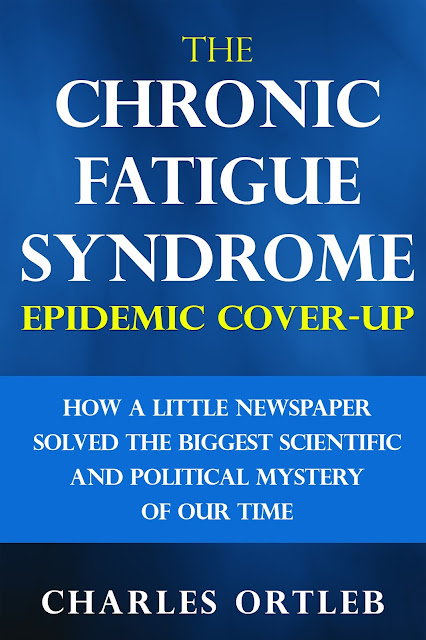Chronic Fatigue Syndrome Documentary Film "Forgotten Plague" Released Atlanta, GA (PRWEB) March 15, 2016 Emmy Award-winning producer Nicole Castillo and co-director Ryan Prior are pleased to announce the release of their feature-length documentary film, Forgotten Plague. Hailed a “Must See Documentary” by the Huffington Post, the documentary film tells the story of an afflicted journalist who embarks on a quest to find out why the CDC and medical system have neglected his disease and left millions sidelined from life. Following its premiere at Hollywood’s Chinese Theater, the film has garnered sold out screenings in theaters throughout the United States. It is now available on DVD, iTunes, Google Play, and Amazon Instant Video. Castillo and Prior embarked on the ambitious nationwide production in 2013, shortly after graduating from the University of Georgia. Prior, who was named a 201...











